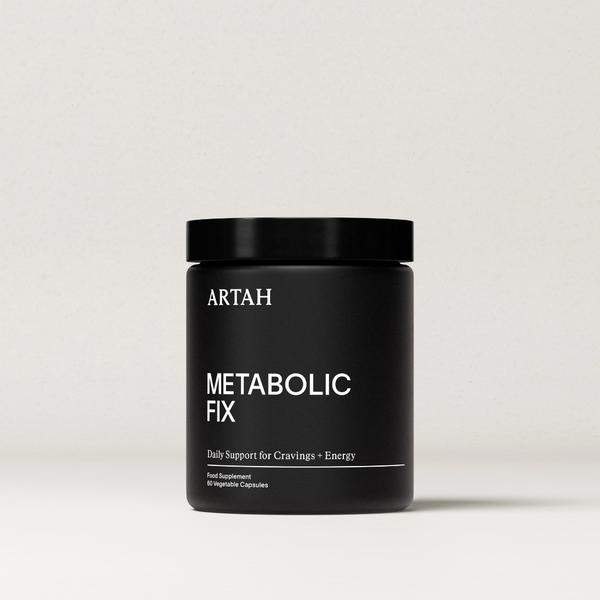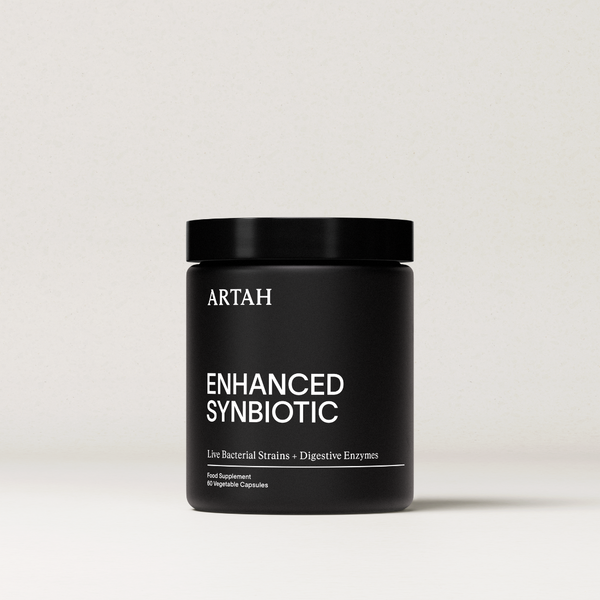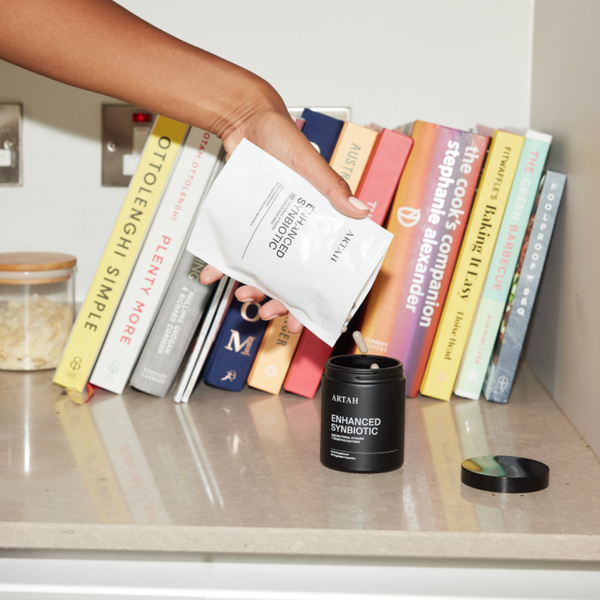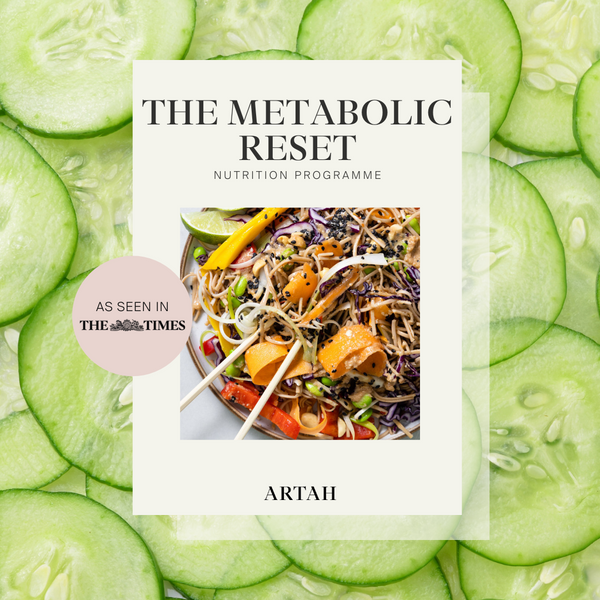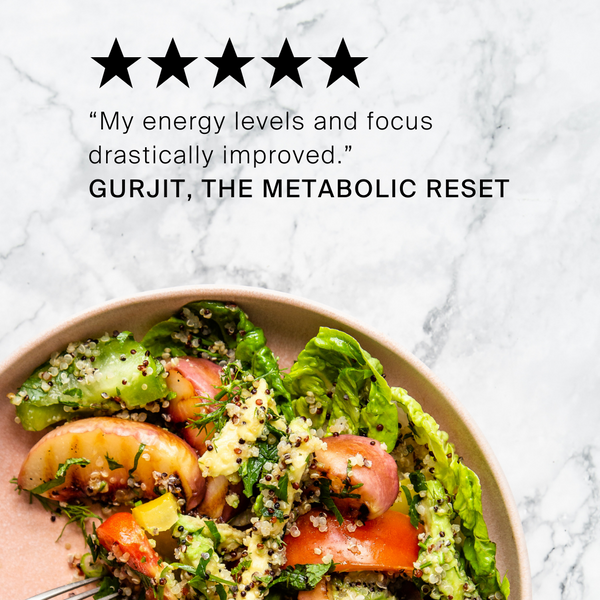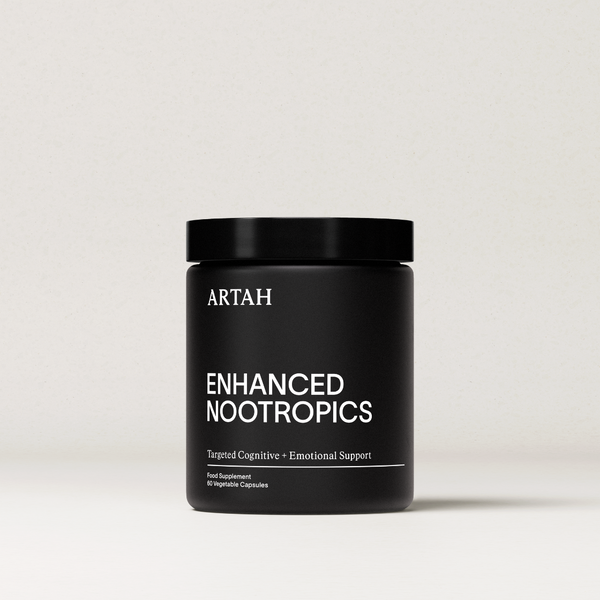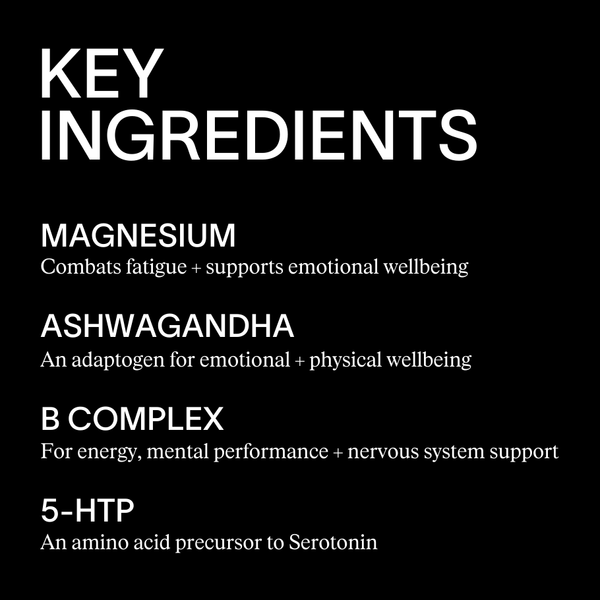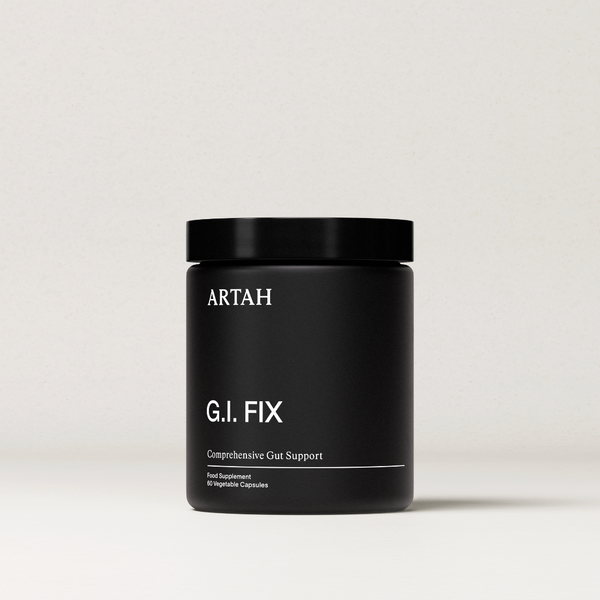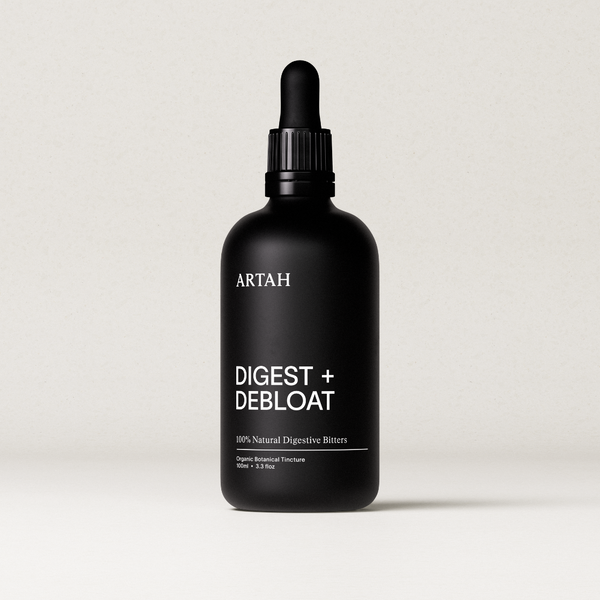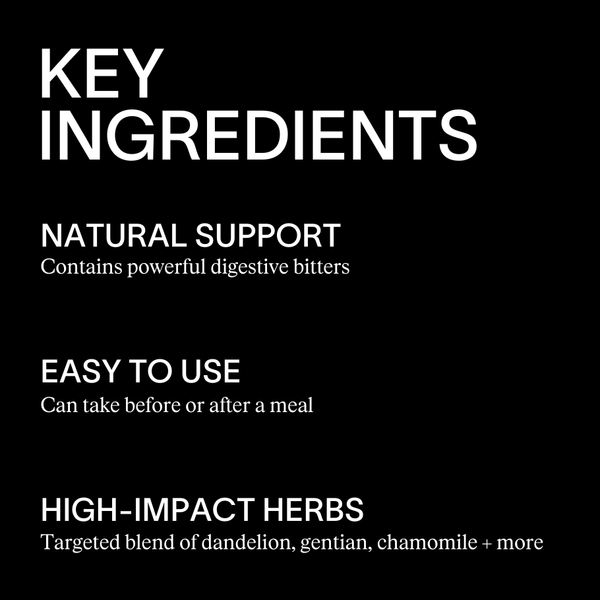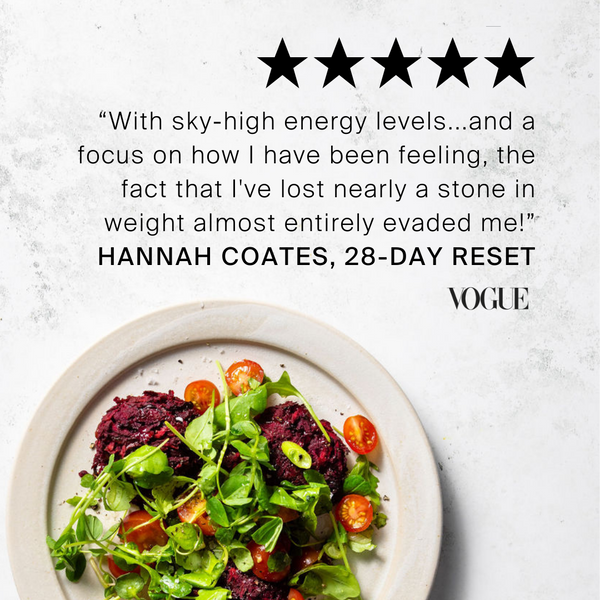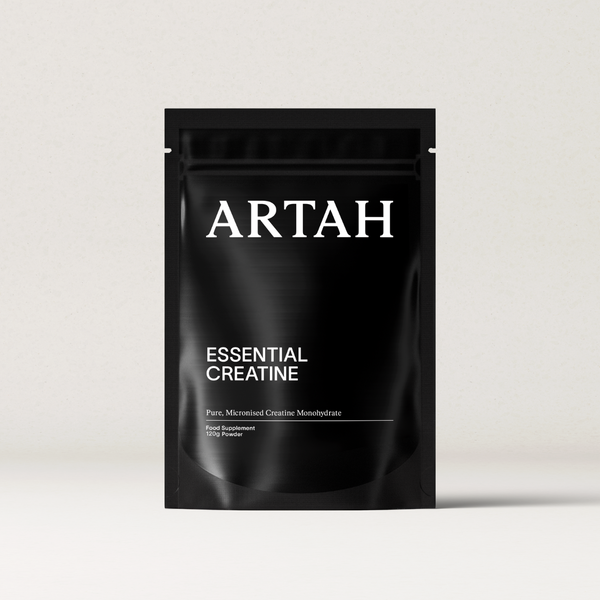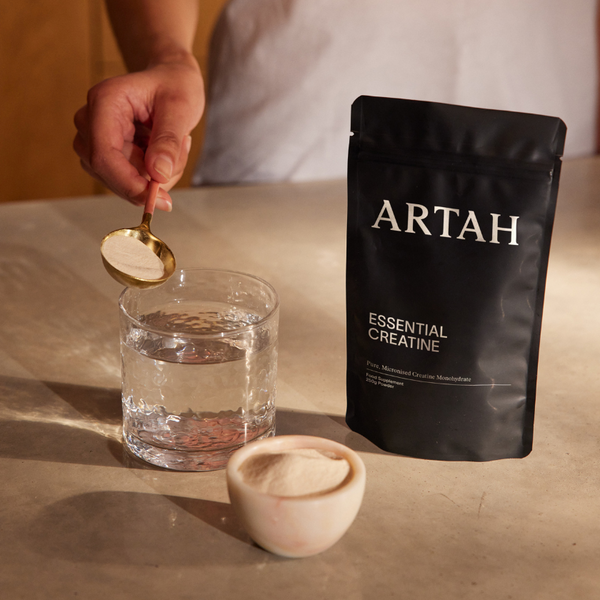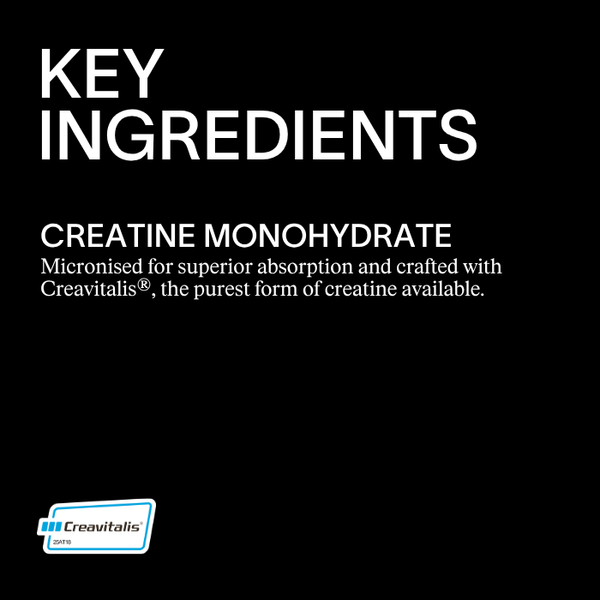Ask The Experts: Does Creatine Cause Bloating?
When it comes to supplements, “creatine” is the word on everyone’s lips. However, as with any popular formula that exists in a social media-driven world, there are misconceptions that surround it, with perhaps the most common question we get asked being whether it causes bloating. As we launch our Essential Creatine, our experts Rhian and April dive into the facts. In short: good quality creatine, no bloating.What actually is creatine?
Rhian: Creatine is often referred to as an amino acid but technically it’s a combination of three different amino acids. Produced naturally in the body, it is essential to cellular energy supply. It acts as an energy reserve as well as a buffer in tissues that have high energy requirements. Because of this, it allows us to sustain energy and performance during stress and in processes with high energy demands: think sprinting, cognitively demanding situations, pregnancy and breastfeeding, ovulation, healing, and more.
April: A good portion of creatine is stored in our muscles as phosphocreatine, a compound which donates its phosphate group to rapidly replete ATP, our cellular energy. As such, phosphocreatine supplies, recycles and buffers energy, making it instantly available when needed.
Is bloating a common side effect of taking creatine?
Rhian: Good quality creatine, in the right dosage, should not cause bloating, but creatine products have a bad reputation for quality due to high incidence of contamination. Lower-quality creatine can be compromised with fillers, manufacturing byproducts, and even heavy metals—factors that diminish both efficacy and absorption, while increasing the risk of digestive discomfort like bloating or loose bowels. Impurities also make accurate dosing more difficult and can impact how well your body tolerates it over time. Creatine loading (15g+ day for a period of time) is also very common, which is more likely to lead to bloating, especially if there is no easing into the dose.
April: Fillers and binding agents, which are commonly added to alter the texture, solubility or perceived serving size of powdered supplements. They can be difficult for the gut to digest, and also often lead to gas, bloating or diarrhoea. Artificial sweeteners and flavourings – often used to enhance taste – can also cause digestive discomfort and disrupt the gut’s bacterial balance, especially when high in sugar or sugar substitutes. If you’re using good quality (and pure) creatine at a normal dose (no more than 10g at a time), you should not suffer digestive discomfort or bloating. In fact, the better the quality of the product, the less chance of any side effects.
What should we look for in a good creatine?
April: Look for one ingredient – creatine monohydrate – in a micronised formula. This means that the particles are ultra-fine, enhancing solubility, absorption and utilisation in the body, which in turn leads to more accurate dosing and faster results.
Rhian: Your formula should absolutely be third party tested for purity – one study tested 9 randomly selected generic creatine products and showed that various unwanted chemicals were present, including DCD (dicyandiamide), and levels violated European Food Safety Authority (EFSA) safety standards. This is why finding a clean formula from a brand you can trust is so important.
Disclaimer: The information presented in this article is for educational purposes only and is not intended to diagnose, prevent, or treat any medical or psychological conditions. The information is not intended as medical advice, nor should it replace the advice from a doctor or qualified healthcare professional. Please do not stop, adjust, or modify your dose of any prescribed medications without the direct supervision of your healthcare practitioner.




